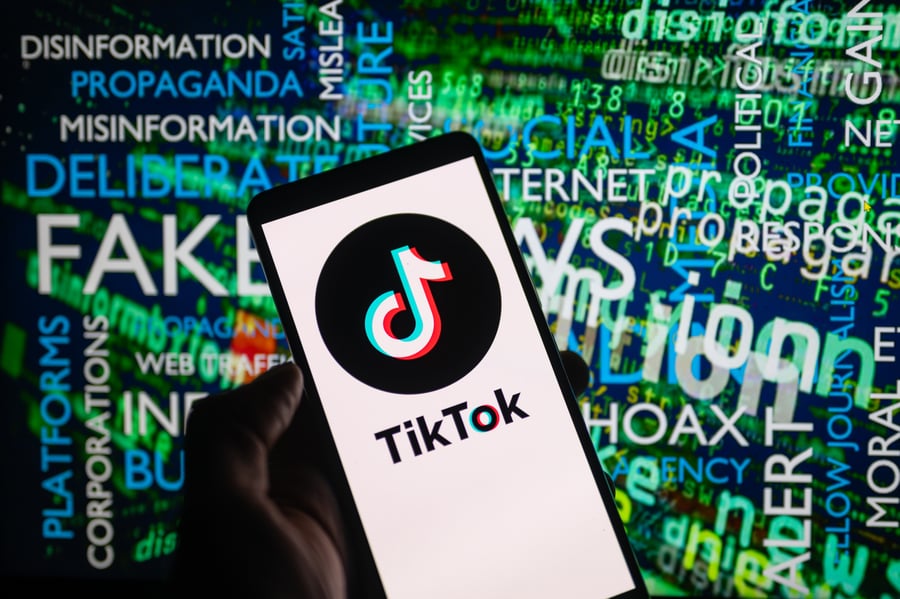
As the Israel-Hamas conflict intensifies, the Israeli government has launched an extensive social media campaign, pouring millions into pro-Israel content across various platforms.
Government Investment in Social Media Campaigns
Since the conflict's outbreak, Israeli ministries have spent around 27 million shekels (approximately $7.4 million) on creating and distributing these messages. The Education Ministry alone has allocated 10 million shekels to advertising, with 40% of this budget aimed at social media campaigns. Similarly, the Diaspora Affairs and Combatting Antisemitism Ministry has invested 23 million shekels in social media advertising. The Foreign Ministry reports having published over 37,000 pieces of content in multiple languages, reaching an estimated 4 billion views worldwide. These efforts are designed to shape global public opinion and counter antisemitic content online.
TikTok: A Significant Obstacle
However, the popular video-sharing platform TikTok has emerged as a significant obstacle. According to reports, TikTok has refused to share content featuring Israeli symbols or the government’s wartime slogan, "Together we will win." In one instance, a video posted by Israel's Government Advertising Agency was removed within minutes.
TikTok's Antisemitic History
Just after Hamas's devastating assault, Jewish employees at TikTok reported a rise in antisemitism and anti-Israel sentiment within the workplace, including an increasingly hostile environment where colleagues freely expressed antisemitic views on the internal chat system, Lark. As reported by the Times of Israel, moderators tasked with content oversight allegedly allowed antisemitic and anti-Israel misinformation to proliferate on the platform, celebrated Hamas's actions, and promoted the Boycott, Divestment, and Sanctions (BDS) movement. Screenshots showed moderators using the watermelon emoji, representing the Palestinian flag, while allowing violent content sympathetic to Palestinians to remain online. Conversely, videos depicting atrocities against Jews were swiftly removed.
Legislative Response from Israeli Lawmakers
Israeli lawmakers are responding to these challenges. Oded Forer, chairman of the Knesset's Aliyah, Absorption, and Diaspora Committee, is advocating for legislation to impose sanctions on social media platforms that permit antisemitic content. Forer argues that current strategies are insufficient to effectively combat online antisemitism, per JPost.
The Broader Battle for Public Opinion
Israel understands that in 2024, the battle is being waged not only by IDF soldiers on the ground, but also online as the digital realm becomes an increasingly crucial battlefield for public opinion.
As this digital struggle continues, the effectiveness of Israel's social media strategy—and the response of global platforms—may have far-reaching implications for how conflicts are narrativized and understood in the age of social media.







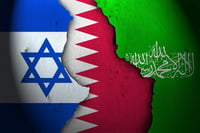

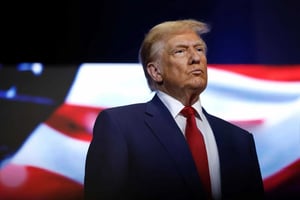
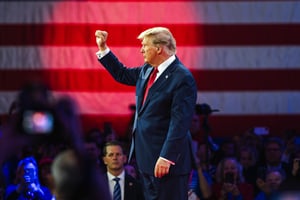

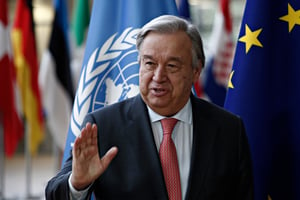




0 Comments